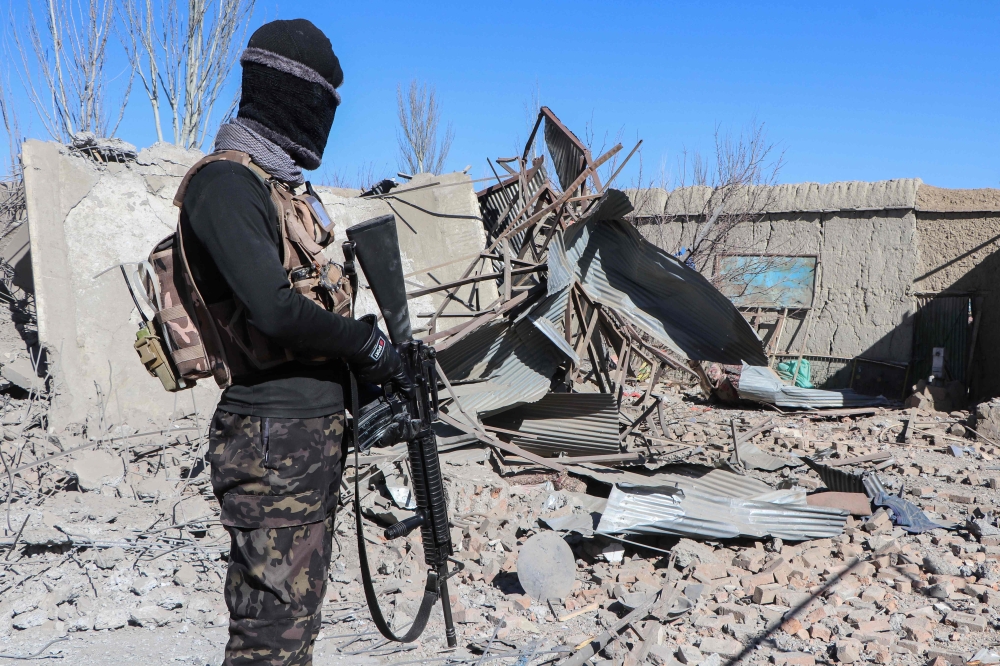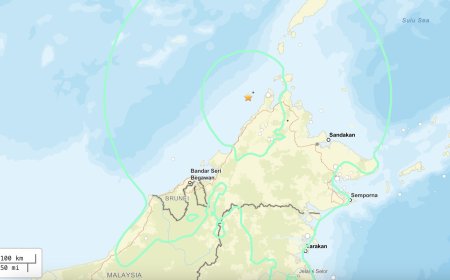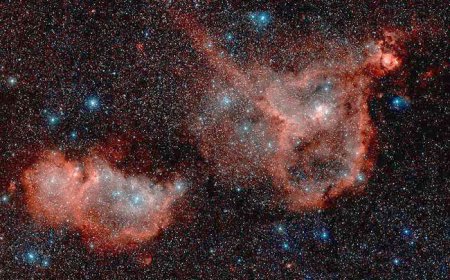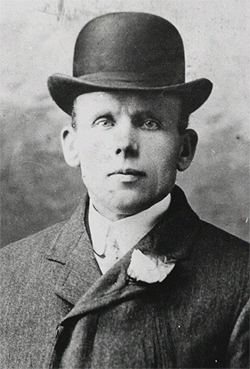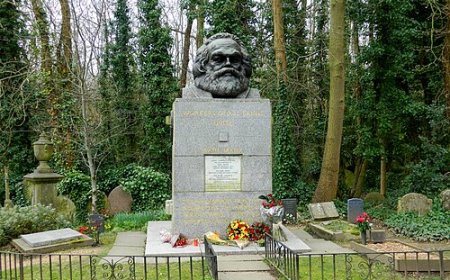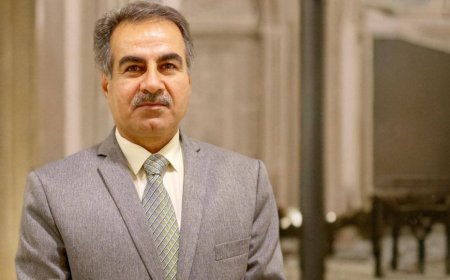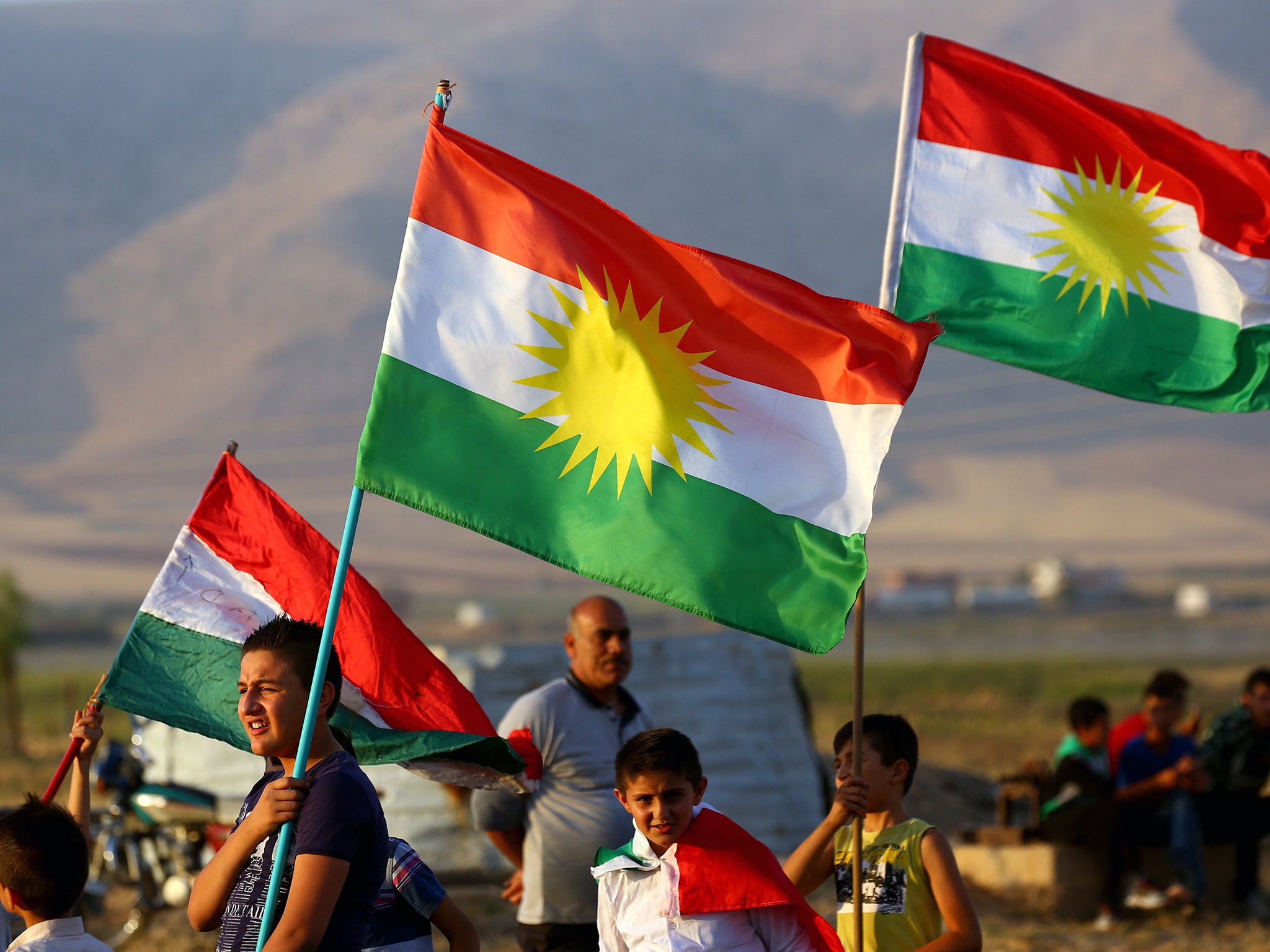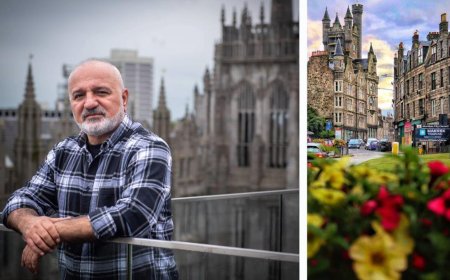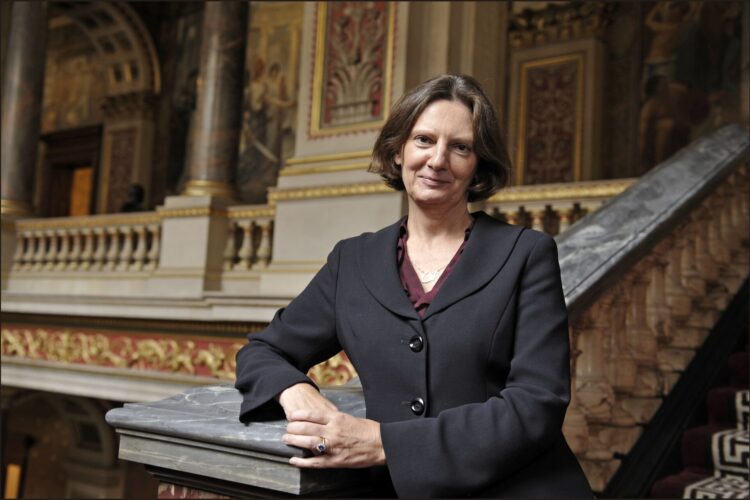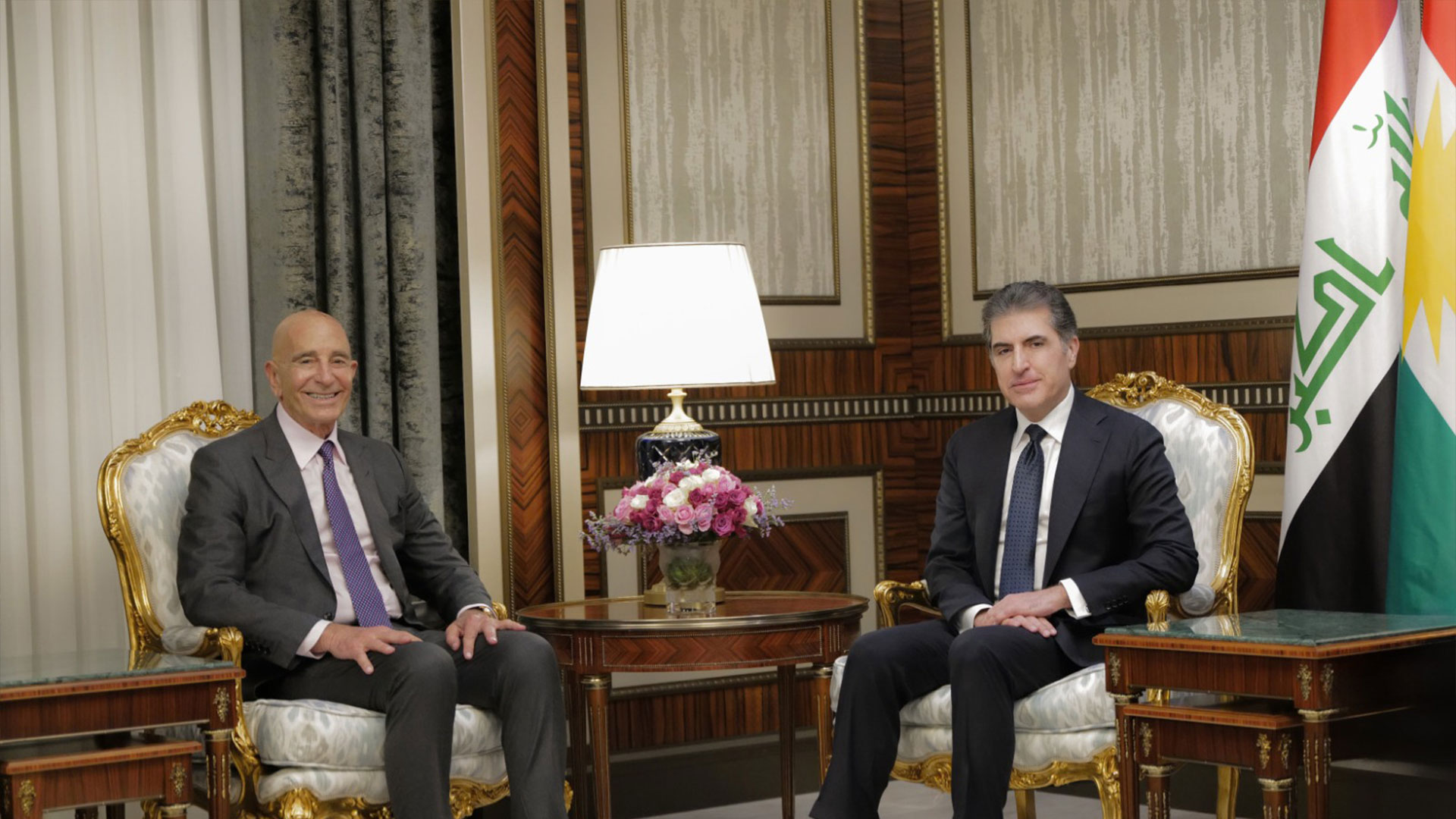Rethinking the Middle East: Beyond Political Formulas
Sirwan Abdulkarim Ali / Politician and Academic
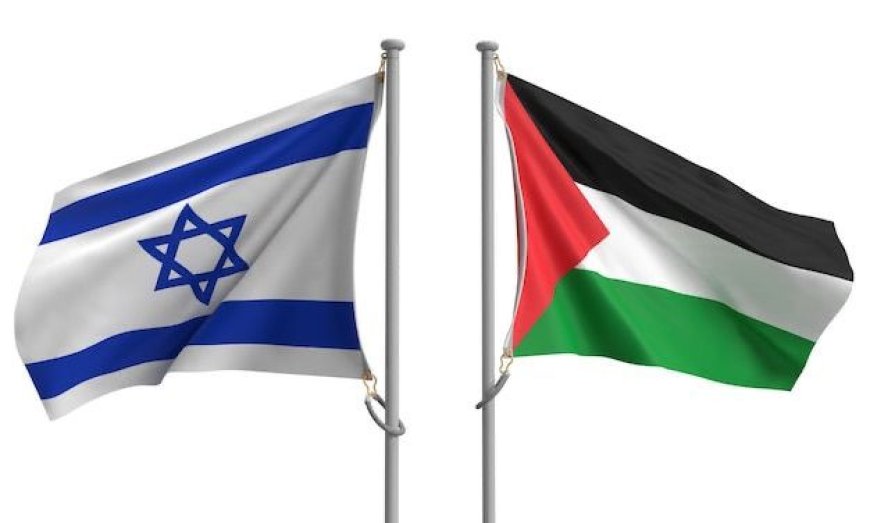
The establishment of the State of Israel on May 15, 1948, marked an important moment in Middle Eastern history that continues to shape regional dynamics today. This event, commemorated annually as Independence Day by Israelis and mourned as "al-Nakba" (the Catastrophe) by Palestinians and some Arab countires, represents more than just the creation of a nation—it symbolizes the complex interplay of historical claims, religious identities, and geopolitical interests that have defined the region.
The formation of Israel occurred through problematic means that disregarded the region's complex social fabric. Throughout history, followers of Judaism, Christianity, and Islam coexisted in the Holy Land since pre-Islamic times, creating vibrant, diverse communities. A religious scholar named Moses Maimonides (1138-1204), born in Córdoba under Islamic rule, later resided in Egypt while maintaining his Jewish identity and becoming a respected physician and philosopher across religious boundaries. Simlar example are found across Middle Eastern countires.
While religion and faith has often been wielded as a tool for political power—both historically and in contemporary times—the establishment of Israel was predicated on questionable foundations. The Balfour Declaration of 1917 and subsequent British policies laid groundwork for Jewish immigration and settlement without adequate consideration for indigenous populations. Similarly, Arab responses often mirrored these problematic approaches, influenced by competing Persian and Turkish regional ambitions.
What became known as the "Middle East Crisis" extends beyond Israel-Palestine to encompass the entire region. Some Kurdish nationalists across Iran, Iraq, Turkey, Syria and other countires, found themselves in a complex position. Without a recognized state of their own, some groups became aligned with Israeli interests due to shared experiences of marginalization. Simultaneously, certain Israeli politicians strategically reference Kurdish struggles to antagonize Arab nationalists and extremist Islamic groups, using the Kurdish cause as a political lever.
The key understanding must be that reconciliation among Middle Eastern peoples requires transcending existing political frameworks. Throughout history, as demonstrated by the Ottoman era where diverse religious communities maintained relative stability under figures like Midhat Pasha (1822-1883), coexistence has been possible despite periodic conflicts stemming from power struggles rather than inherent religious incompatibility.
Contemporary figures like Daniel Barenboim (b. 1942), an Israeli pianist and conductor who co-founded the West-Eastern Divan Orchestra with Palestinian intellectual Edward Said (1935-2003), demonstrate practical paths toward cooperation. Their orchestra brings together young musicians from across the Middle East, showing that cultural understanding can transcend political boundaries.
Violence and continued conflict resolve nothing. The time has come for intellectuals, non-governmental organisations and community leaders to reconsider the dimensions of these conflicts, allowing civilians—particularly women and children—to live peaceful lives free from the burden of historical grievances. The path forward requires acknowledging painful histories while refusing to be imprisoned by them and moving towards and assiciation of civil society in the region.


